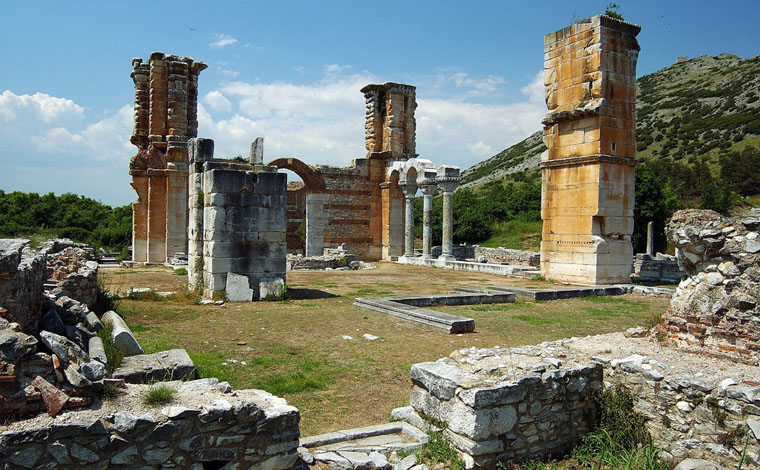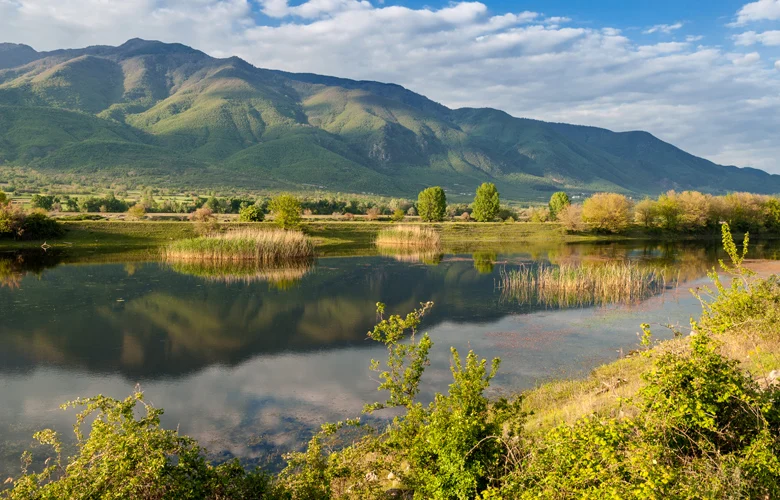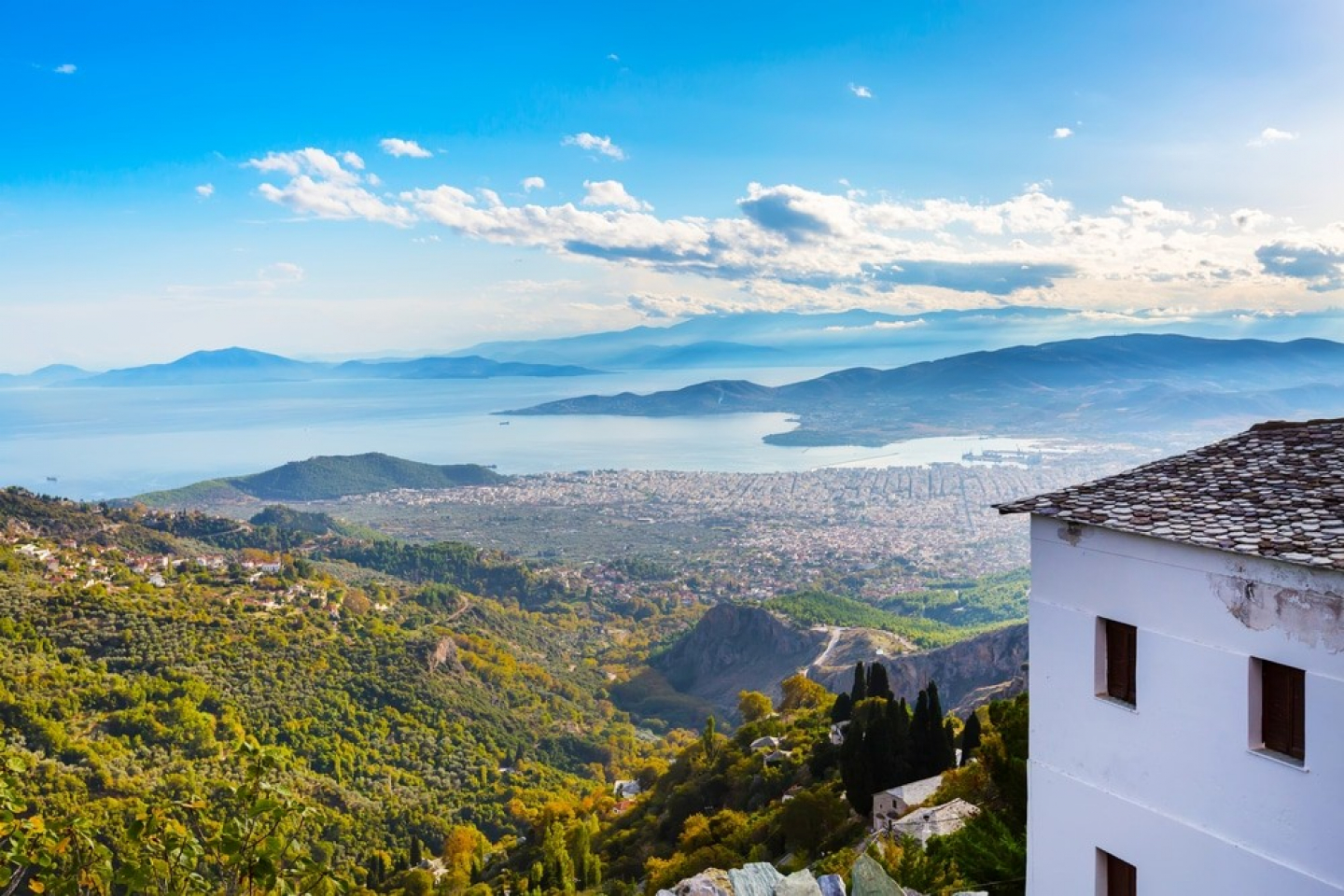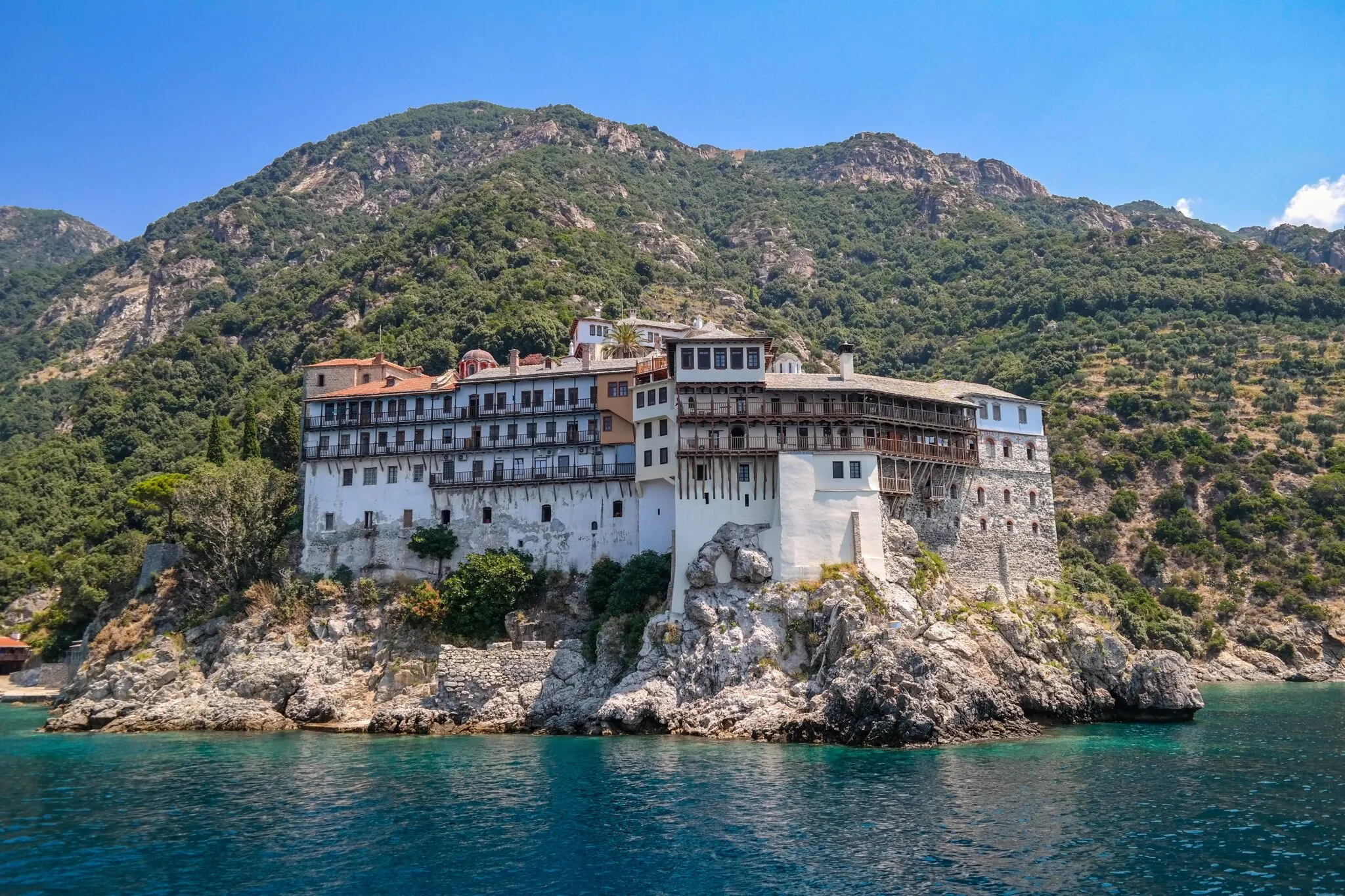AMFIPOLI – FILIPPOI – KAVALA (8 hours)
Amphipolis and Philippi in Macedonia are two of the most significant cities in the region from the Hellenistic to the Byzantine period. Let’s take a historical journey to ancient Amphipolis.
Amphipolis was founded in 437 BC by Athenians with the aim of controlling the mines of Thrace. During the first phase of the Peloponnesian War, it fell into the hands of the Spartans, but in 358 BC, it was captured by Philip II, the father of Alexander the Great. Thus, Amphipolis became part of the Macedonian kingdom and developed into a powerful city with significant economic and cultural prosperity.
During the Roman period, Amphipolis served as the capital of the first administrative region of Macedonia, and the Roman era solidified the city as an important urban center.
On the other hand, Philippi is one of the most important archaeological sites in Kavala. The settlement of Philippi has been significant since the Neolithic Period and was continuously inhabited. In 360/359 BC, colonists from Thasos founded the city of Krinides, later renamed Philippi by Philip II. In the Roman period, Philippi was one of the most important cities in Eastern Macedonia.
The archaeological finds from the excavations in Philippi are displayed in the Archaeological Museum of Philippi, providing an interesting insight into the history of the region. Additionally, Philippi is a significant stop on the route of Apostle Paul, as he baptized the first Greek Christian there and founded the first Christian Church in Europe.
Overall, a visit to Amphipolis and Philippi offers a unique opportunity to explore the ancient history and culture of the Macedonia region.






